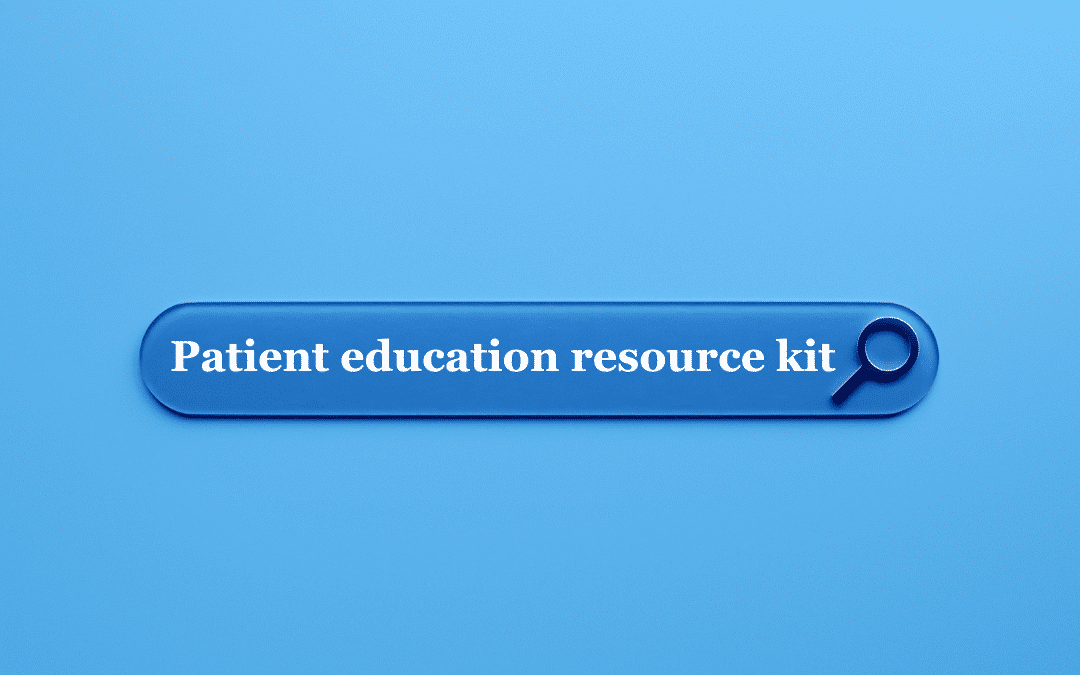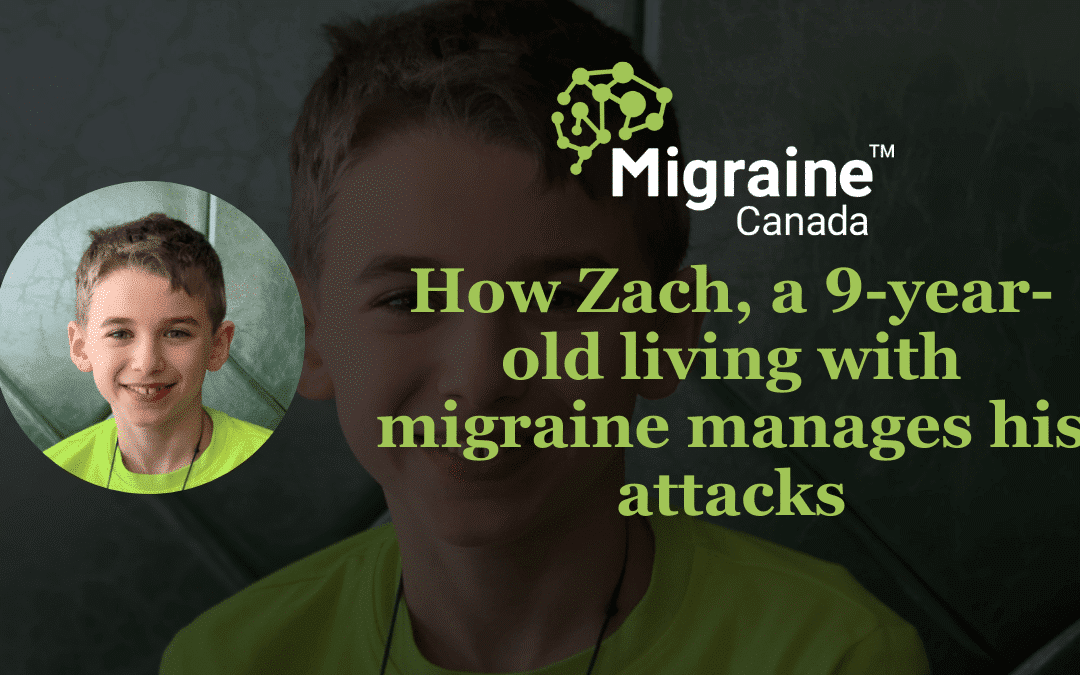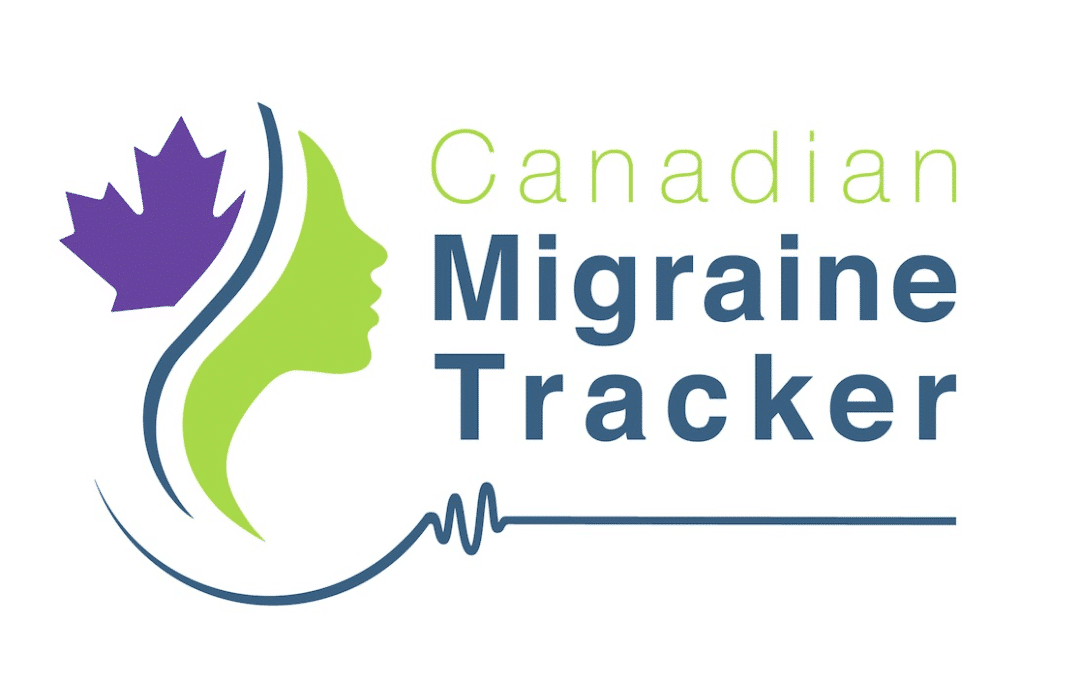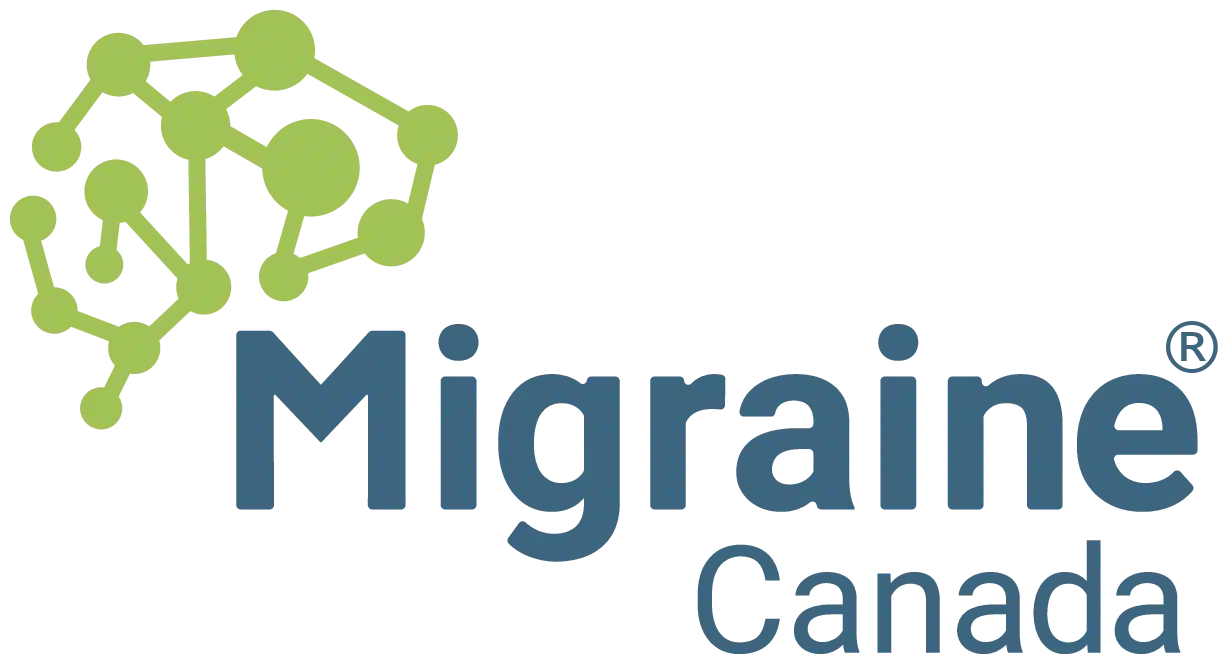Migraine in Children
Migraine is a common condition affecting children, adolescents, and university students, with 10% of children experiencing migraine before puberty. These disabling attacks can significantly impact quality of life, making it difficult to engage in school, extracurricular activities, and social life. Support from parents, educators, and healthcare professionals is crucial for helping children manage their pain, minimize disruptions, and maximize educational opportunities.
To assist, we’ve created a variety of resources, videos, and articles designed to help parents, healthcare providers, teachers, and administrators better understand and respond to migraine in children and adolescents. By working together, we can help children with migraine thrive in their education and beyond.
On this page you will find:
Tools for Students and Parents
Podcasts & Videos
Frequently Asked Questions
Tools and Resources for Students, Teachers, and Parents

Back to School Checklists
Does your child live with migraine? For children with migraine, starting a new school year can be challenging. What can you do to ensure a smooth transition and successful school year? Migraine...

What Should I Do If I Throw Up My Medication?
Many people with migraine experience nausea, and some will vomit during an attack. Vomiting, especially if it occurs early in the migraine attack, can prevent medication absorption, reducing...

Patient Education Resource Kit: Migraine Management in one source!
Migraine Canada has created a comprehensive digital Patient Education Resource Kit designed to empower both healthcare professionals (HCPs) and patients. This all-in-one guide covers essential...

Summer Camp & Your Child Living with Migraine
Join our pharmacist Heba Bani Hani and Amy Graham, Director of Advocacy at Migraine at School, as they dive into essential tips for preparing your child with migraine for a fantastic summer camp...

Summer Camp Checklist
Hat? Check! Sunscreen? Check! Bathing suit? Check! You may already have a standard summer camp packing list, but if your child experiences migraines, you’ll want to ensure they’re set up for a...

The Impact of pediatric migraine
Welcome to our video featuring Dr. Serena Orr, a child neurologist specializing in headache medicine, alongside Zach, a brave nine-year-old sharing his journey with migraine. Did you know that 1 in...

My Treatment for Migraine Works, but the Pain Comes Back in a Few Hours. What Should I Do?
If your migraine medication relieves pain but it returns within a few hours, you may be experiencing headache recurrence. This guide offers strategies to manage and reduce recurrence, including...

Botox for Migraine: How Does It Work and How Effective Is It?
Curious about using Botox for migraine relief? Botox isn't just for cosmetic use—it's also approved to treat chronic migraine. This article delves into how Botox works, its effectiveness, and who...

Botox for Migraine: Side Effects and Risks
Wondering about the safety of Botox for managing chronic migraine? Despite its origins as a toxin, Botox is widely used in medicine, including for migraine treatment. This article explores the...

BOTOX® for Migraine: Coverage and Access in Canada
Considering BOTOX® for managing chronic migraine in Canada? The information in this post explores cost considerations, coverage under government drug plans, eligibility criteria, and tips for...

Botox for Migraine: You Will Have Your First Botox Injections Soon. What Can You Expect?
Preparing for your first Botox injections to manage chronic migraine? Knowing what to expect can ease any anxiety. This article outlines the process, from how Botox injections work to managing...

The Canadian Migraine Tracker: A New Option for Headache Monitoring
Looking to take control of your migraine management? Learn how the Canadian Migraine Tracker, a migraine diary app, can support your journey with migraine in this post.Using a Migraine Diary A...
Podcasts & Videos for Students, Teachers, and Parents
No Results Found
No results found, please try refining your search, or check the links below:
Frequently Asked Questions on Migraine and Children
What migraine symptoms can impact school performance?
Most of the symptoms of a migraine attack will impact school performance. These include:
- Severe and disabling pain
- Intolerance to physical effort
- Sensitivity to light and sound
- Nausea and vomiting
- Lightheadedness or dizziness *** Link? ***
- Feeling “foggy” and slowed thinking
- Fatigue and difficulty concentrating
- Aura, including vision and speech impairment *** Link not available ***
Many people with migraine deal with sensitivities even when they are not having an attack, which can cause day-to-day disruptions. Side-effects from medications and lifestyle adaptations one might make to avoid triggers could also have an impact. It is important to work together with educators and institutions to find solutions and/or accommodations for challenges that are causing serious disruptions.
How can a student manage anxiety about possible migraine attacks while at school?
Fear of migraine attacks disrupting school activities is normal. Finding ways to calm anxiety can ease the burden of living with migraine and improve symptoms. For more information, visit our Relaxation Practice post.
What can someone do if they have a migraine attack at school?
Here are the steps to follow to be able to treat your migraine attack:
- See your doctor and get a prescription
- Learn about the medication, what it is and how much you can use
- Discuss with school staff and/or administration to get the authorization to take your medication when you
- need it. It is a good idea to carry information about the medication as well.
- If an attack starts, take the medication as early as possible (LINKIN Treating early).
- Check if it is possible for you to rest in a quiet and dark room during the attack, and drink water if needed.
- If you have different types of migraine, some more severe, determine when it’s necessary to contact your parents.
Can I request accommodations for my migraine or my child’s migraine?
According to the World Health Organization, a severe migraine attack is as disabling as being quadriplegic, psychotic, or in the terminal stages of a cancer. Migraine absolutely can be disabling and accommodations often help to enhance learning.
To get started, arrange a meeting with teachers and school staff to discuss the condition and necessary accommodations. Be specific about what would help! Examples of accommodations include:
- modified school days
- extended test/exam times
- flexible deadlines
- access to missed assignments
- a quiet space during attacks.
Provide a letter from a doctor explaining migraine and necessary accommodations. If you are a post-secondary student, you may need specific forms, for example from your institution’s Accessibility Services unit.
Accommodations help manage migraine attacks and enhance learning. The focus should be on enabling progress and successful graduation. Collaborating with your health team and school staff can effectively manage migraine and support academic success.
Should I inform the school or camp about my child’s migraine diagnosis?
Yes! Your child’s teachers and administrators play a critical role in supporting your child. It is paramount you proactively provide your child’s teacher and school administration with information on migraine. It’s important to inform educators on the debilitating symptoms of migraine, as well as your child’s specific diagnosis, as it is not always a well-understood disorder.
You should plan regular meetings to discuss your child’s situation, prescribed treatment plan and helpful accommodations that should be implemented. Emphasis should be made on the importance of administering medication as soon as your child begins to feel the onset of a migraine and that acute medication must be taken VERY QUICKLY to prevent worsening and a prolonged headache and helpful accommodations (somewhere quiet and dark to rest after taking medication). With successful early treatment of a migraine attack, the goal is to return to school activities after this time.
